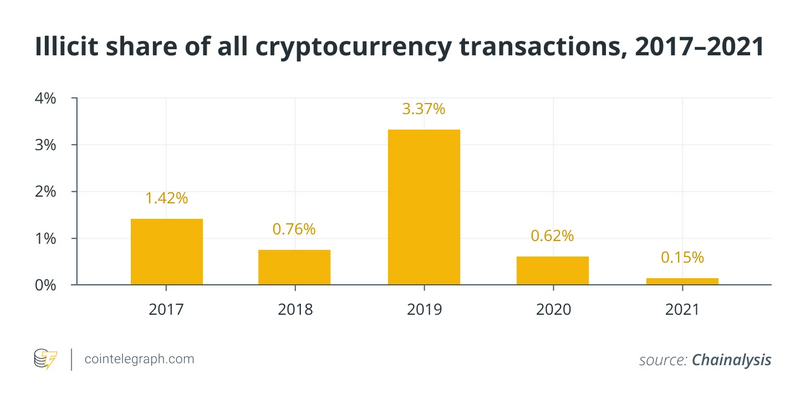
Georgia aims to adopt European crypto standards for Anti-Money Laundering
One of the most crypto-friendly countries in the world wants to synchronize its crypto regulations with associated rules in the European Union. Georgia, one of the world’s most cryptocurrency-friendly countries, is moving to introduce new crypto regulations to pursue its ambitions to become a global crypto hub.Georgian lawmakers have prepared a new regulatory framework targeting digital business and cryptocurrency trading in the country, Georgian Minister of Economy and Vice Prime Minister Levan Davitashvili announced.Davitashvili said that a draft bill has been sent to the parliament and....
Related News
MONEYVAL, Europe’s Anti-Money Laundering and Counter-Terrorism Financing (AML/CFT) watchdog, has prioritized monitoring the crypto industry, as well as “gatekeeper” professionals like attorneys and accountants, in European countries’ efforts to prevent money laundering. Watchdog Says Europe Need Better AML Laws MONEYVAL called on European countries to review conformity with international standards and develop tighter regulatory measures […]
The annual supervision report from MONEYVAL concluded that 18 of the 22 jurisdictions have an insufficient level of compliance with AML standards. Europe’s Anti-Money Laundering and Combatting the Financing of Terrorism (AML/CFT) watchdog, MONEYVAL, has listed monitoring the crypto sector along with “gatekeeper” professionals, such as lawyers and accountants, as priorities in European nations' push to combat money laundering.In a media release based on the findings of its annual report, MONEYVAL called upon European jurisdictions to assess compliance with international standards and....
The European Commission and its partnering agencies including Europol have become increasingly active in its investigation on terrorist financing and and the use of digital currencies such as bitcoin in the dark web. As a part of its global initiative to reduce and restrict financial flows of terrorists and money laundering, the European Commission has proposed to regulate digital currency exchange platforms under the scope of the Anti-Money Laundering Directive, which would require bitcoin exchanges to keep sensitive customer data records for bitcoin-to-fiat trading. “These platforms have....
The European Banking Authority (EBA) has advised that the European Commission establish a regulatory regime specific to virtual currencies such as bitcoin. Commenting on the commission’s proposal to amend the existing European anti-money laundering directive, the EBA expresses the opinion that, in the long term, oversight of digital currencies should not fall under regular anti-money laundering provisions, but rather under a specialized EU body. In a response to the commission published by the EBA in August 2016, the banking authority suggests that the existing anti-money laundering....
The new Anti-Money Laundering Authority would comprise the “centerpiece” of a new supervisory system that would include national regulators. The European Union is looking to launch a new agency designated with cracking down on money laundering at the regional level, with increased reporting requirements around crypto transactions listed among its principal objectives.A July 8 report from Reuters citing leaked EU documents asserts the European Commission is proposing forming a new Anti-Money Laundering Authority (AMLA) that would act as the “centerpiece” of an oversight system also....





